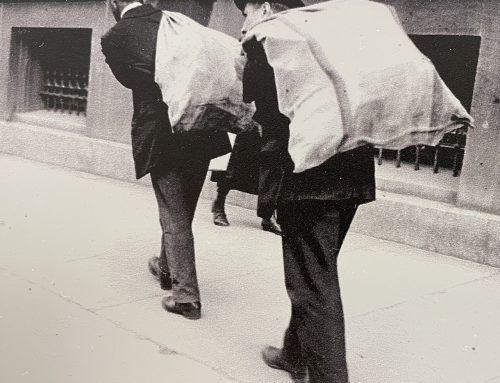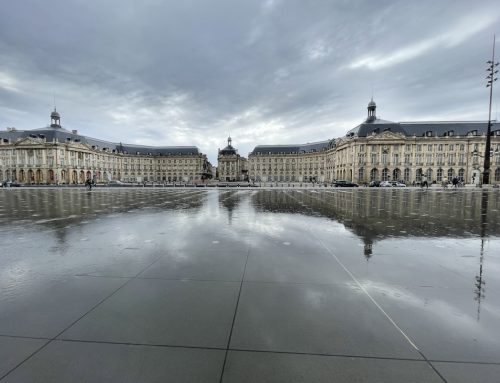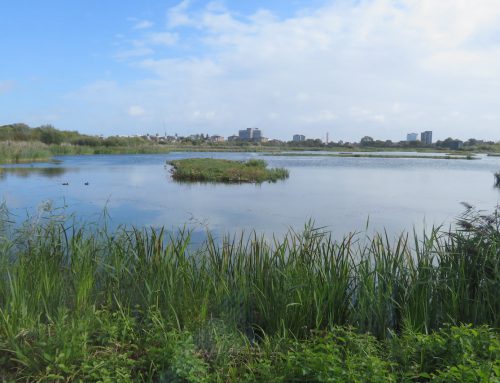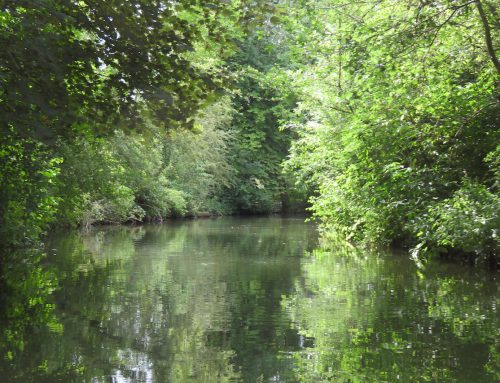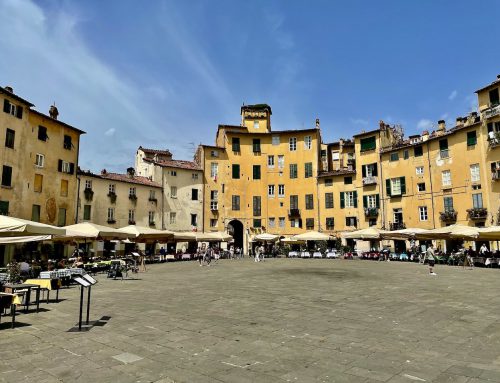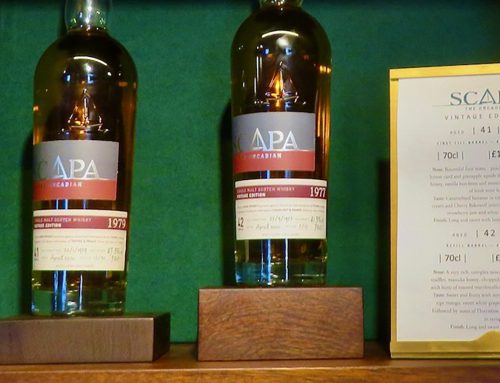Somalia – The Land of Punt
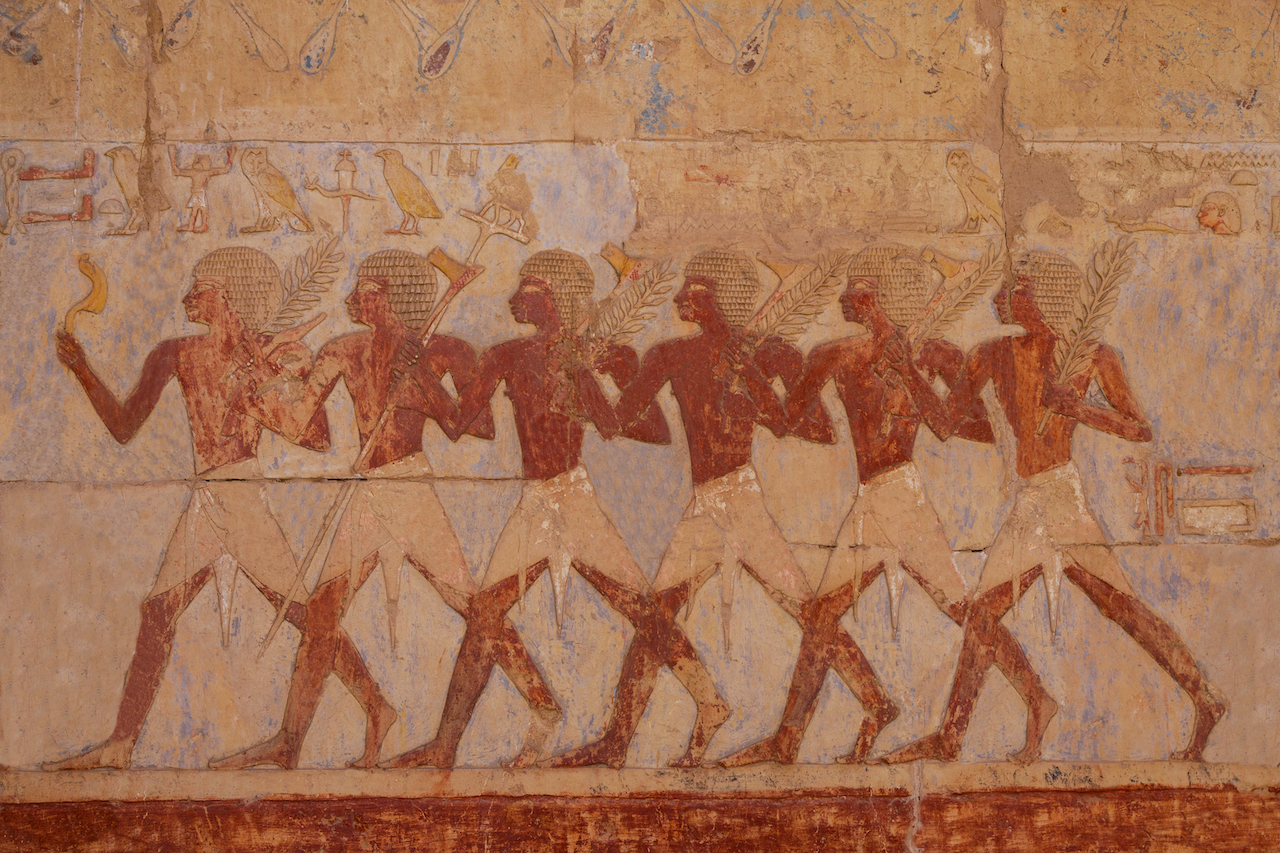
Egyptian soldiers in the expedition to the Land of Punt at the Temple of Hatshepsut, Luxor, Egypt (courtesy Ibrahim Hamroush)

Egyptian soldiers in the expedition to the Land of Punt at the Temple of Hatshepsut, Luxor, Egypt (courtesy Ibrahim Hamroush)
Mogadishu, Somalia
“Somalia will return one day,” said Burhaan. “Right now it is chaos. But remember, we have a history that goes back even further than yours.”
It was the end of a long working day as I glanced across at my companion. He was a born and bred Somali and we were sitting side-by-side on the flat roof of a building that looked out over Mogadishu, Somalia’s capital. The travel advice was clear. Give the country a wide berth, especially Mogadishu. Insurances were invalid, drought was underway, measles and dengue fever rife, while the local dentist had only just returned to work after a severe bout of typhoid. Do not even mention COVID-19, which affected 27,000 and killed nearly 1400, although Somalia’s population is more than 16 million.
Bugs love the country, epidemics abound, and that is before anyone considers the civil war. Somalis have been fighting each other for at least 15 years, while somewhere in the middle are Western powers trying to have an influence, not always successfully. Somalis are suspicious of foreigners, with honour, generosity, and community being core features of Somali life. In Somalia, there is a widely quoted proverb:
“Me and my nation against the world. Me and my clan against my nation. Me and my family against the clan. Me and my brother against the family. Me against my brother.”
This explains Somalia perfectly.
I travel to many war zones and the same thing always strikes me. Despite the gunfire, bombs, and landmines, despite the clear dangers all around, a civilian population tries hard to be normal. There are the fighters, whoever they may be, and the non-fighters like me who continue to eke out what living they can. I happen to be a doctor, which is why I end up in war zones.
I listened to the air around, as the two of us sat on our Mogadishu roof. There was gunfire for sure, whether in anger or practice was difficult to glean, but nearly as loud was the muezzin calling to prayer. Somalia is 99 percent Muslim. There was the reversing alarm of a lorry, the chink of bent spoons in cups, as locals in a nearby restaurant sipped the powerful Somali coffee, flavoured with ginger, cardamom, and cinnamon. A V-shaped line of honking Egyptian geese headed north along the coast beside a flat Indian Ocean. Somalia has the longest coastline of any African land. Meanwhile far in the distance I thought I could hear a helicopter, maybe a fighter jet, perhaps both. I heard rustling beside us, too, and turned to see a band of at least 15 mongooses playing happily under some nearby chairs.
To the geese, to Burhaan, to the mongooses and coffee sippers, the gunfire and helicopters of faraway warfare made no difference. Normal life and conflict were trying to coexist. It is what happens in war zones.
Somalis are fiercely proud that their country may once have been the fabled Land of Punt. Punt dated from at least 2500BCE and was a major trading partner with ancient Egypt. The land, which many call the Land of God, was a source of luxury items like incense, gold, ebony, ivory, leopard skins, even living baboons. The mythical land had plenty. Some say it gave rise to ancient Egypt itself. We have much for which to thank it. Historians have, for many decades, argued and laboured over Punt’s very existence, let alone its location.
It seemed right to ask a local.
“What about Punt?” I asked my Somali colleague. Instantly I saw I had asked the right question. Burhaan’s shoulders drew back, his chin lifted, his fists clenched emphatically, and he gave the broadest smile that spread fully across his face.
“The Land of God, you mean,” he replied, stretching his arms widely towards a setting sun. “The Egyptians called us the Land of God when they meant the Sun God. There was plenty of sun worshipping in those days. Some even call us the Holy Land. Now that is a different story.” He gave a proud wink as he spoke.
We then fell into silence as the darkness slowly took hold and a chill struck my shoulders when the temperature began to drop. The reversing alarm was now silent, the geese were out of sight, their honking long gone, the mongooses were still playing, the bent spoons clinking, while the muezzin continued his perfect call to prayer and Mogadishu’s population responded.
In the distance? I had to strain to hear it. Yet there it was. Gunfire, bullets, helicopters, jets, and a line of faraway tracer. In modern Somalia, warfare is only ever just around the corner.
Final thoughts
Mogadishu is presently a very dangerous place to go. Think hard before you visit. Believe me when I say that one minute you can be fine, the next you are a target. This really can happen in Mogadishu. The currency is the USD and backhanders are commonplace.
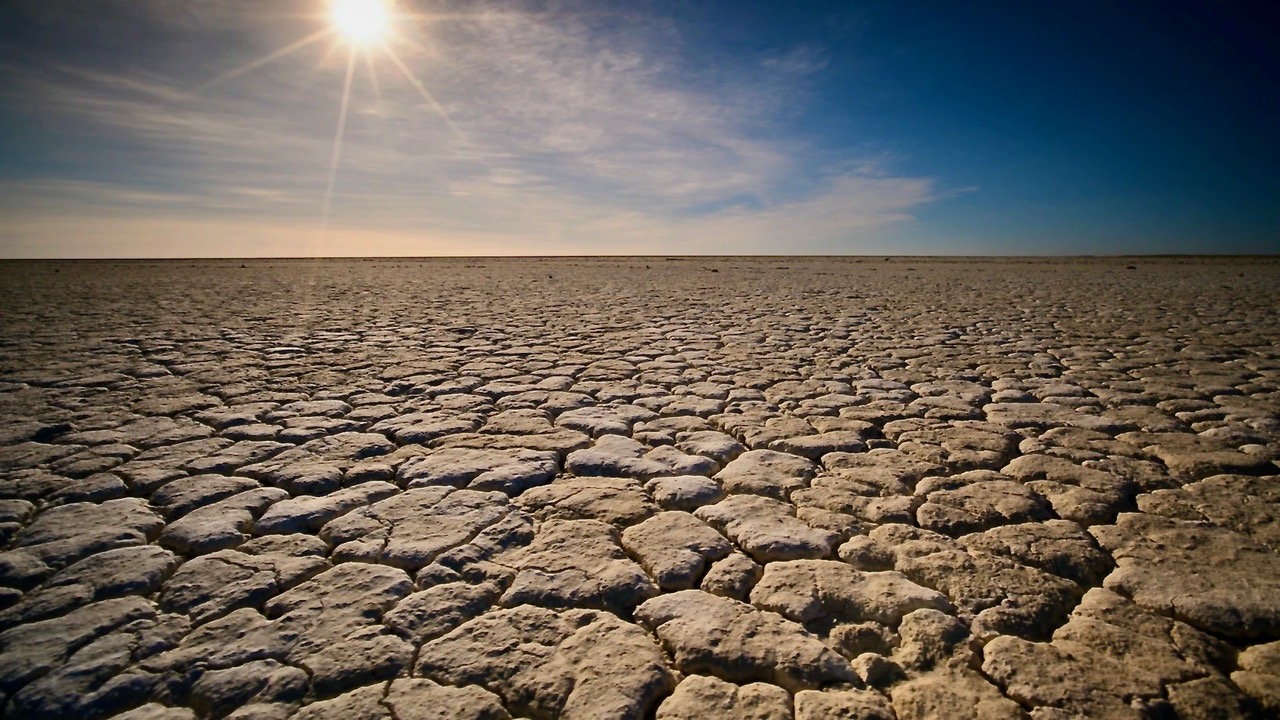
Drought is a serious problem in Somalia (courtesy Oleksandr Sushko on Unsplash)
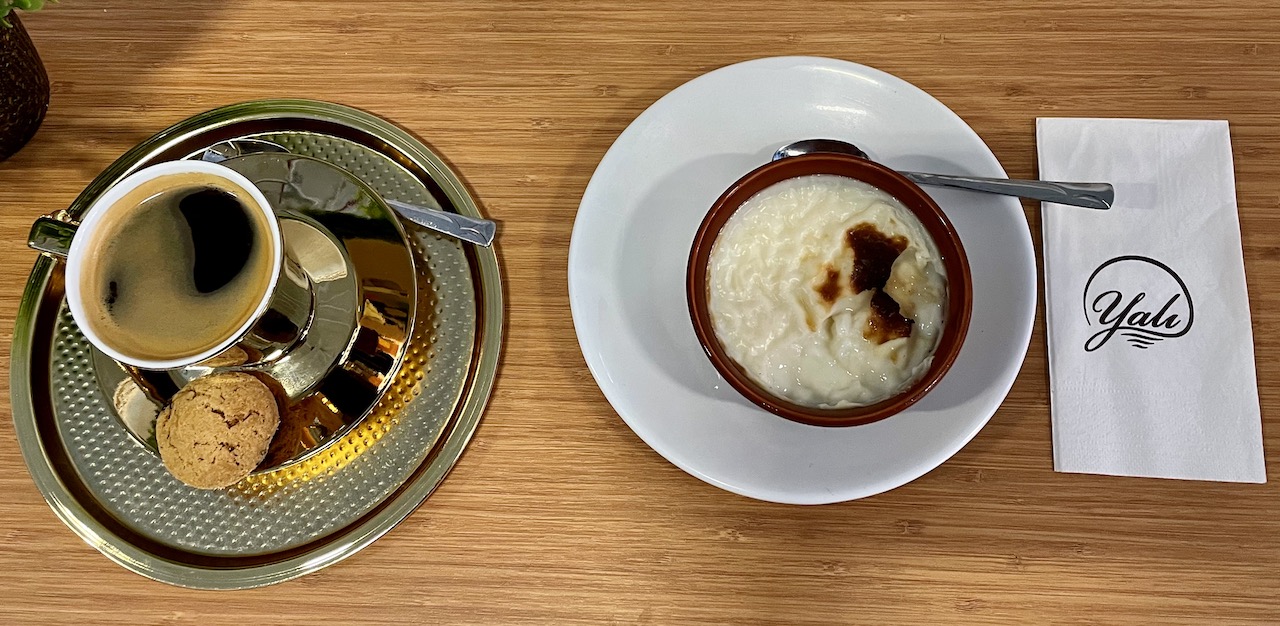
Somali coffee and cold rice pudding - what more could a visitor desire
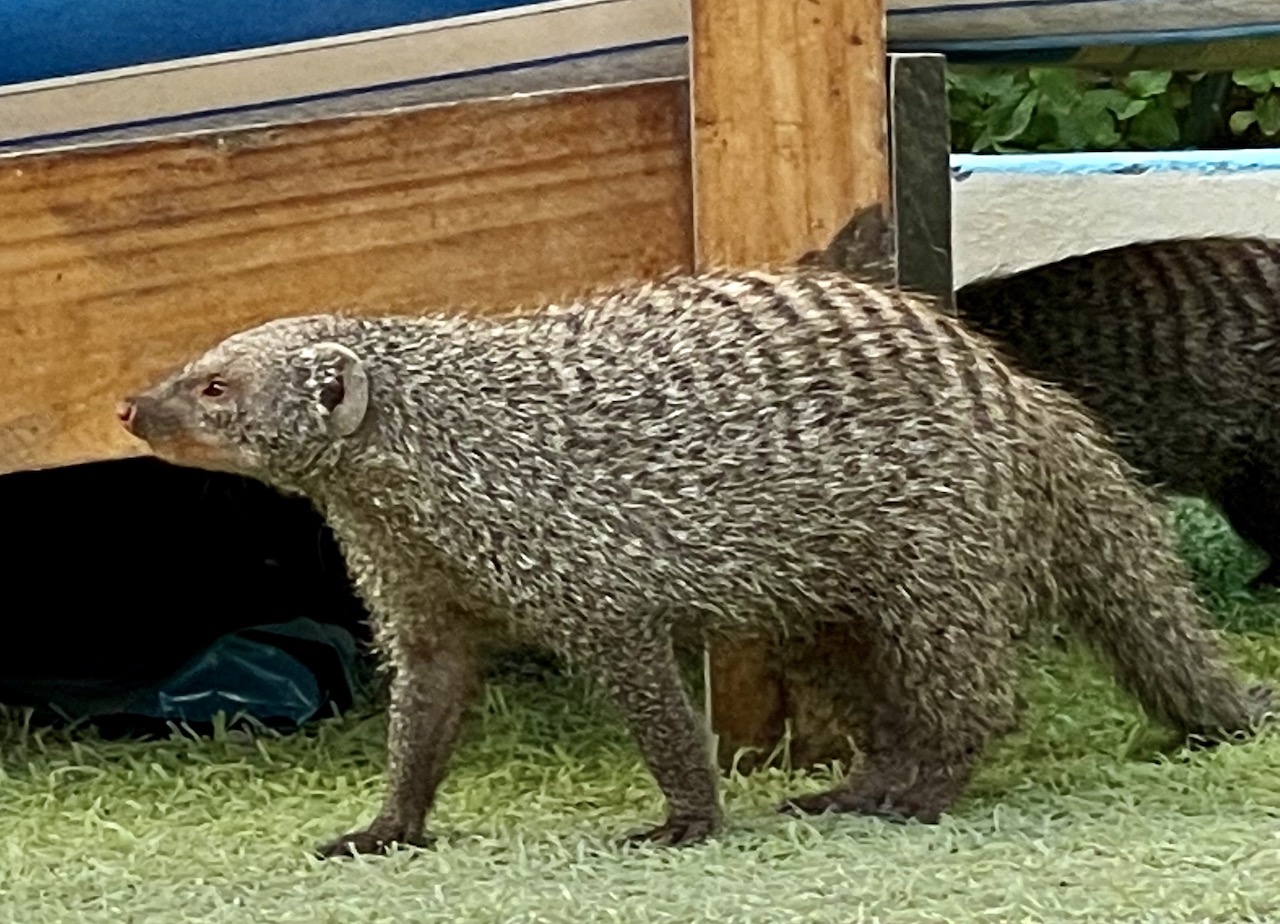
There were plenty of mongooses, which are meant to be good at controlling vermin
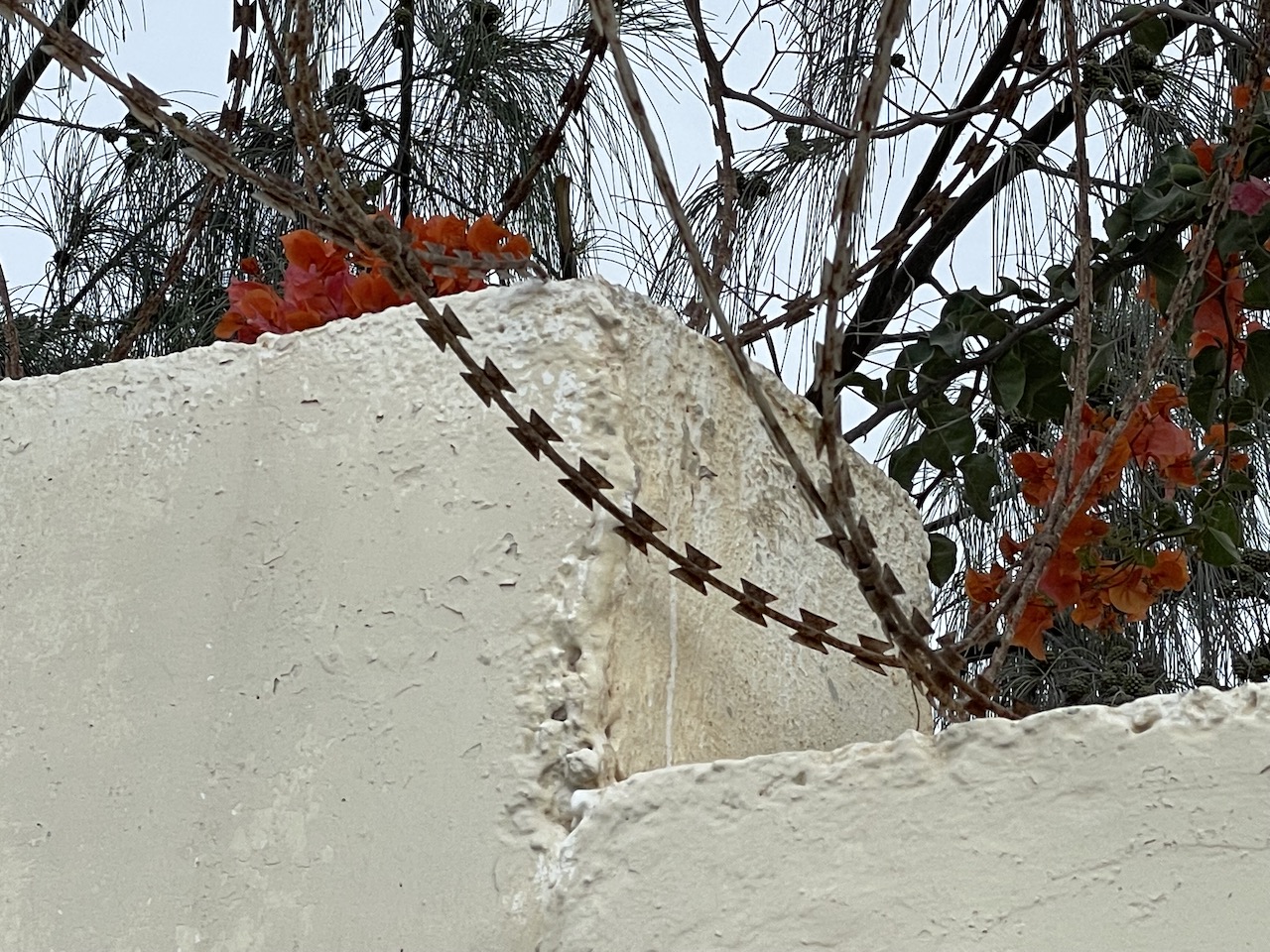
Mogadishu is not a peaceful place - high walls and razorwire surrounded me

